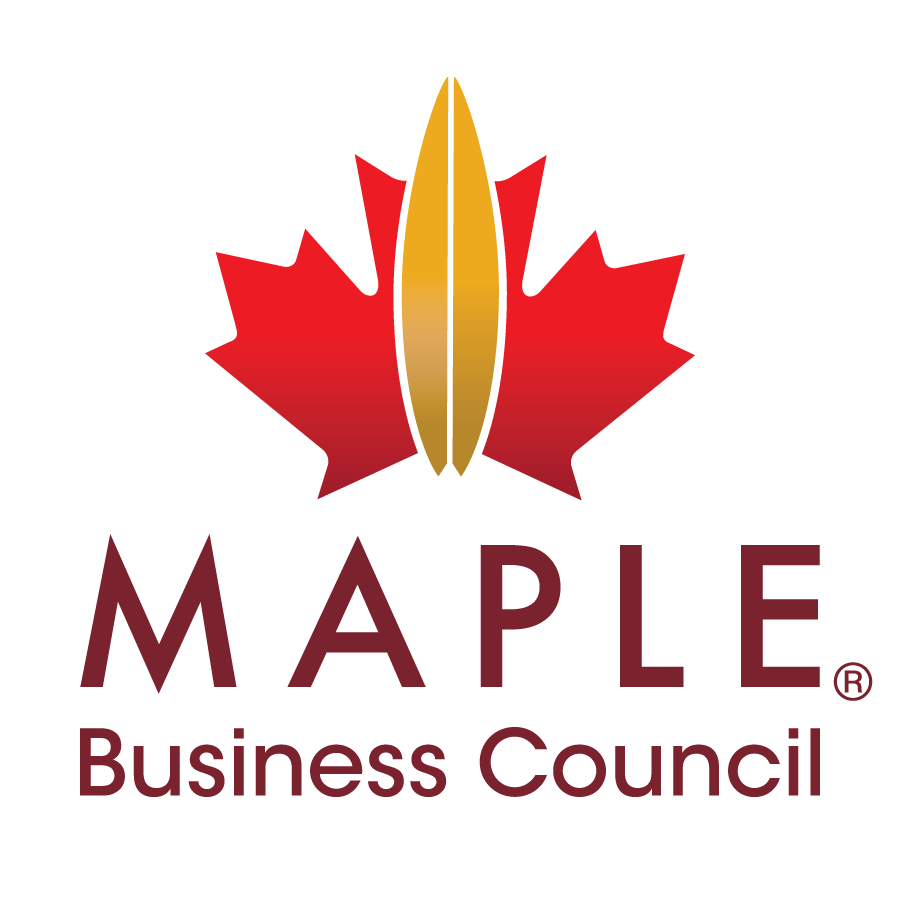Jesse The, CTO Tauria
When it comes to banks, healthcare institutions, law offices, and software companies, data and trade secrets become some of the biggest assets. And even for small and medium businesses, these intangible assets have proven to be the most valuable and vulnerable.
Unfortunately, you can bet that most of our MAPLE Business Council members are unknowingly exposing their treasure trove of confidential and essential information. We currently live in a “I have nothing to hide” syndrome of careless disregard to information and while this might be a decent motto to live by in your personal life, thinking this way can spell disaster for your business. Remember that we all must protect our bank account pin numbers, trade secrets, financial information, and confidential discussions with lawyers and psychologists- so why would your online data and trade secrets be any different?
As COVID-19 forced most businesses towards more digital operations, more businesses have been put in a cyber fragile and unsecure architecture. The list of issues, which the public in general is not aware, are enormous. Transferring large files by e-mail does not work. Many remote workers then place files in “trusted” storage services like Dropbox and send links to colleagues. Did you know that Dropbox can legally scan and sell all information placed on their storage? Did you know that even claiming to be encrypted Zoom canceled paid accounts in the USA “because the Chinese government heard users were talking about Tiananmen Square”? How could they know that if Zoom was really “encrypted”?
The fact of the matter is, smart business managers need to start moving away from relying so heavily on email and Zoom and start securing their digital assets.
Yes, email continues to be an essential tool for communication, but they are also the #1 way most small and medium companies get breached. There’s simply no beating around the bush, you must not use emails to share any regulated or confidential data. With more prying eyes looking to take advantage of unsecured communication lines than ever before, you need to store and share sensitive files on platforms equipped for any and all cyber-attacks.
As for Zoom, all it takes is a Google search to reveal its checkered and questionable history. Zoom has already been caught injecting spy tools that the United Kingdom’s The Guardian explicitly called “malware” while Apple had to issue an operating system update to extract the spy tools Zoom installed into computers without owners' awareness.
Consequences of cyber-attacks can be as devastating as physical fire. Lawyers and Doctors are legally entrusted with “unbreakable secrets”, yet they discuss confidential matters on Zoom and emails. Large companies lose billions of dollars in market cap while small and medium enterprise can go bankrupt from hacking attacks. Ask yourself, “Why do we pay insurance for something like a fire, but we aren’t willing to spend a few dollars a month for cyber security?”
Zoom might be good enough for video catch-up with friends and family, but you should never be use it as your business’ video conferencing platform. Corporate communications deserve a better tool that takes security seriously, won’t sell your data to 3rd parties, and employs certified end-to-end encryption. This means that only the users have access to the encryption keys, not the supplier, which is not the case for commonly used platforms from Google, Microsoft and Zoom.
The good news is that you have plenty of reasonable options to start protecting yourself online. One example is the use of VPN (Virtual Privacy Network). VPNs hide your IP address and encrypt all the data you send and receive from that internet session. VPNs allow you to work safely even on public WiFi connections, making it an easy, convenient, and affordable way to ensure that your business uses an extra layer of protection. However, even the best VPNs are powerless when it comes to protecting weak links like your e-mail, cloud storage, or video calls.
Another practice that you can start employing in your company is the use of password managers. Password managers are a service that stores, manages, and even creates your passwords. Password managers automate unique and strong passwords for each separate account and will automatically fill those passwords in whenever you need to log in.
If you want to take your security even further, then Tauria could be the all-in-one solution for your company. Tauria was built to be the ultimate collaborative tool for businesses and combines secured video conferencing, messaging, file sharing and storing, and calendar, while maintaining total user privacy and security. Tauria does not sacrifice usability to attain extreme security- it’s even easier to use than Zoom and Teams.
What makes Tauria safer than other platforms? Tauria employs true end-to-end encryption in a zero knowledge environment, which means that every message you send or receive, every file you share, every meeting you set, and every call you take is completely private and fully encrypted. You won’t ever need to worry about hackers, scams, or even the platform accessing and selling your data to 3rd party companies, because Tauria’s protocols ensure that no one, not even Tauria, can access your data.
In a work landscape that’s proven to be unpredictable and constantly changing, your data is a treasure chest that companies and hackers would do anything to open. Make sure that only you have the keys.
For more information on TAURIA, please visit www.tauria.com.

